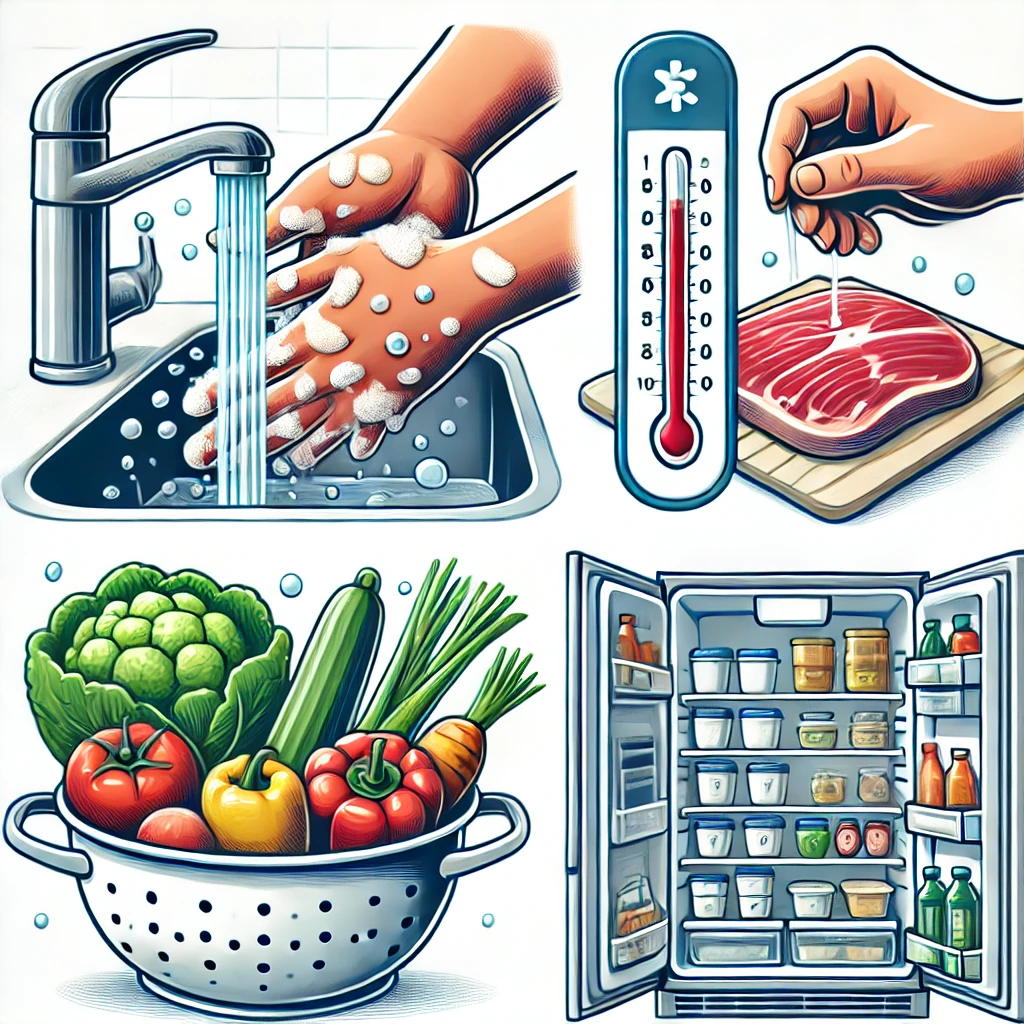Everything and Prevention of Food Poisoning
Initial Symptoms Food poisoning occurs when contaminated food or beverages are consumed, with initial symptoms appearing within a few hours to several days. These symptoms include: Nausea and vomiting Abdominal pain Diarrhea Fever or chills… Everything and Prevention of Food Poisoning
